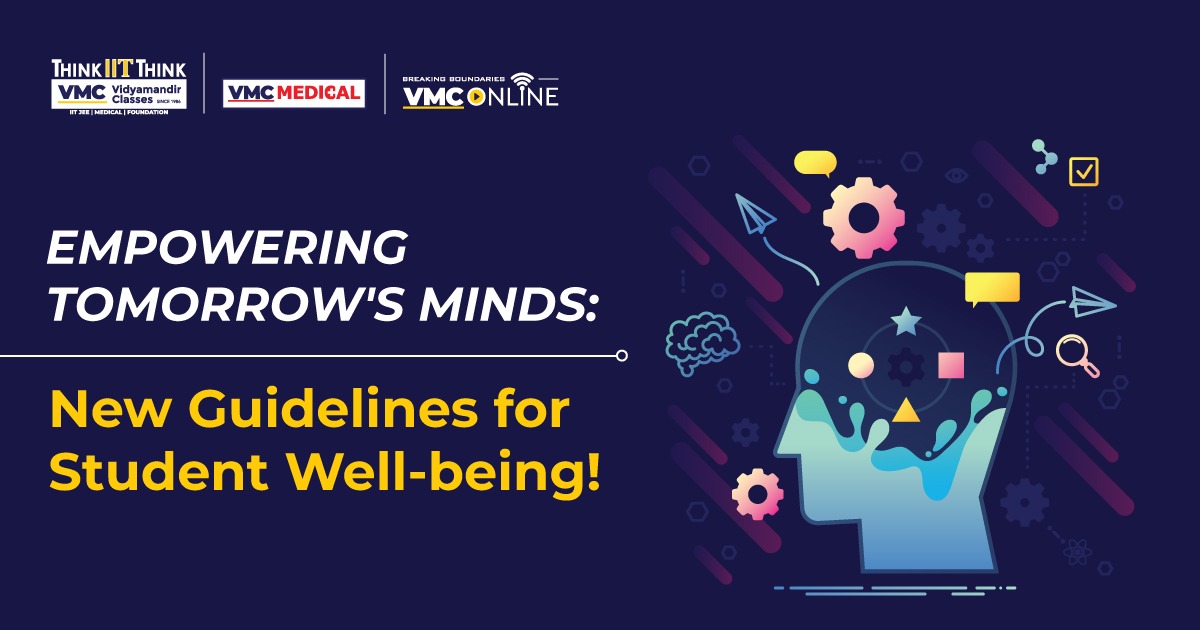Empowering Tomorrow’s Minds: New Guidelines for Student Well-being!
 Posted On
Posted On
293 total views, 1 views today
In a groundbreaking development, the Ministry of Education has unveiled a set of draft guidelines designed to foster empathy, sensitivity, and assistance for students grappling with self-harming behavior. Termed as UMMEED – Understand, Motivate, Manage, Empathize, Empower, and Develop – these guidelines arrive amidst a concerning rise in cases of self-harm and suicides, particularly among students in Kota, a hub for engineering and medical aspirants.

The UMMEED guidelines present a holistic approach to student well-being, addressing the multifaceted challenges that students face today. The core measures include the establishment of a School Wellness Team (SWT), early identification of students displaying warning signs or at risk of self-harm, immediate response to such situations, and providing them with the necessary support.
Centered on the belief that “Every Child Matters,” these guidelines underscore the significance of forging robust partnerships among schools, parents, and the community. Such partnerships aim to create a robust support system critical in preventing suicide and eradicating the stigma surrounding self-harming behavior.
Moreover, the draft urges a departure from harmful mindsets that often exacerbate the stress on students, such as constant comparisons with peers, viewing failure as a permanent setback, and measuring success solely by academic achievements. It advocates for practical improvements within school premises, such as securing empty classrooms, enhancing lighting in dimly lit corridors, and maintaining green spaces and gardens.
The SWT is envisioned as a pivotal component of these guidelines, playing a crucial role in implementing school activities that raise awareness about mental well-being and work toward suicide prevention. However, it is important to note that the success of these efforts hinges on the collective support of all stakeholders, including teachers, parents, and the community.
The draft suggests that the composition of the School Wellness Team (SWT) should be adaptable based on the school’s available resources, enabling a broader spectrum of school stakeholders to participate in fostering awareness and building capacity.
To ensure sustained progress, the guidelines emphasize the importance of annually reviewing the effectiveness and functioning of the SWT. This ongoing evaluation ensures that the measures put in place are continually refined and tailored to meet the evolving needs of students.
Final Thoughts
In conclusion, these draft guidelines mark a significant step forward in prioritizing the mental well-being of students and addressing the serious issue of self-harm and suicide among young individuals. By fostering a culture of empathy, understanding, and support, we can empower our students to face life’s challenges with resilience and optimism, ensuring a brighter and healthier future for all. Remember, it takes a village to raise a child, and with UMMEED, we are building a stronger, more compassionate village for our students.




